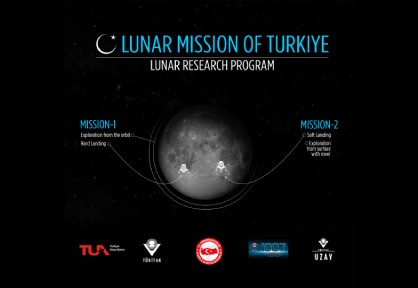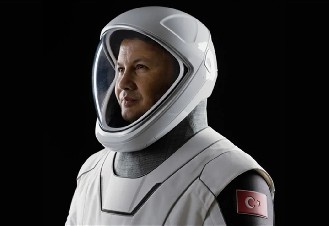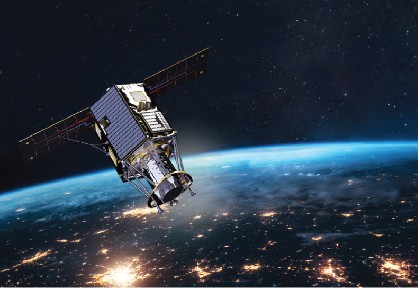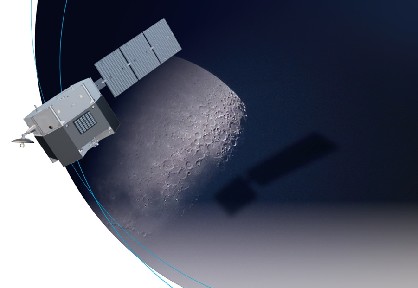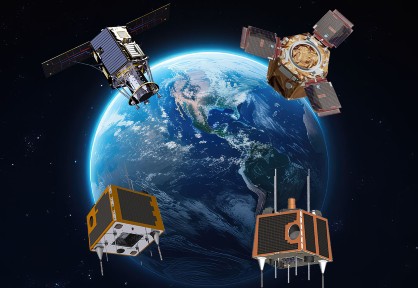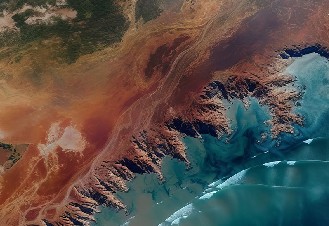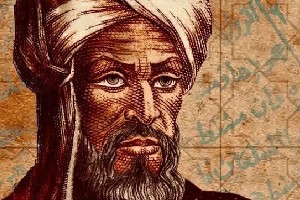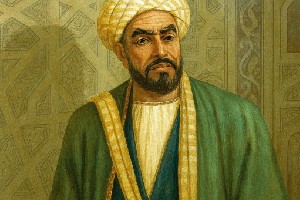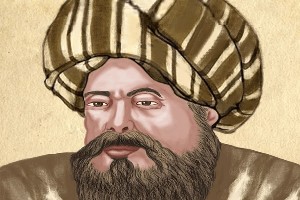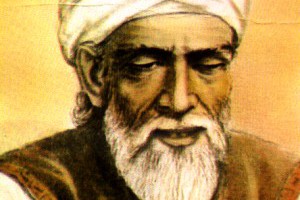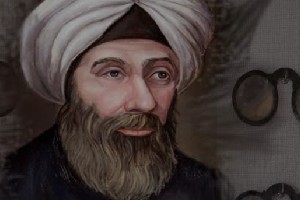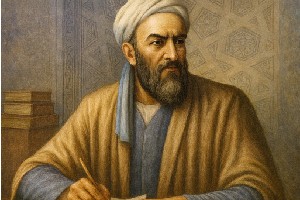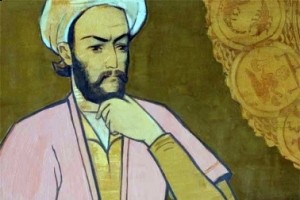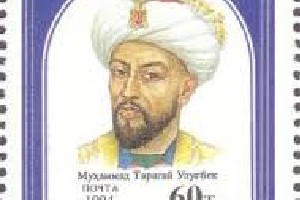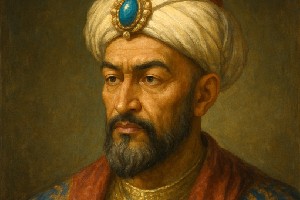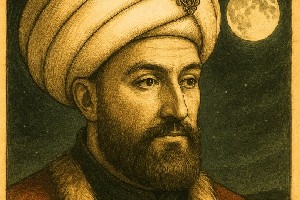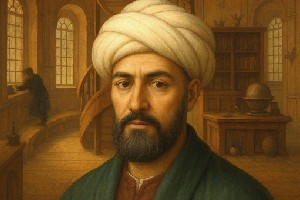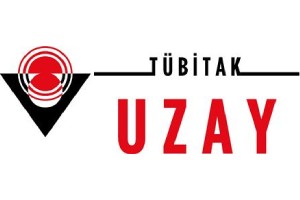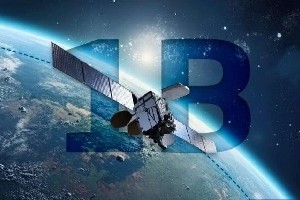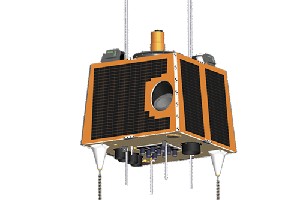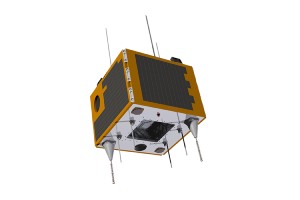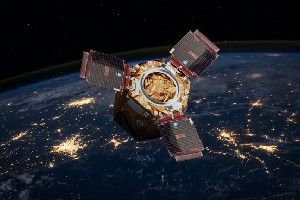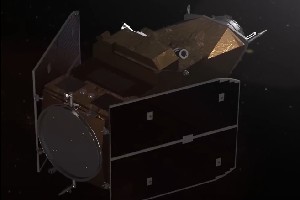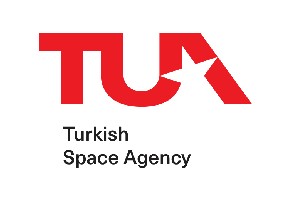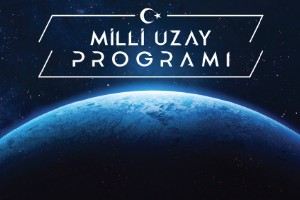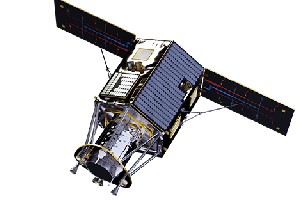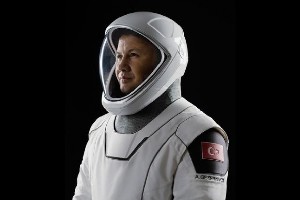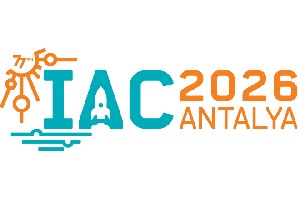For centuries, the lands of Türkiye have been home to remarkable scientific curiosity and achievements in astronomy. From the early observations and instruments developed in the Seljuk and Ottoman eras to the pioneering work of scholars such as Ali Kuscu, this region has played a notable role in humanity’s exploration of the skies. This deep-rooted heritage continues to inspire our present-day advancements in space science and technology.
In recent decades, Türkiye has transformed this heritage into tangible achievements in modern space activities. Our progress spans from communications and Earth observation satellites to participation in our first Turkish Astronaut and Science Mission. These milestones are stepping stones toward the key objectives set out in our National Space Programme—an ambitious roadmap that embraces cooperation, innovation, and the open exchange of knowledge. By setting our sights on lunar exploration, developing a regional positioning and timing system, and establishing a national spaceport, we aim to contribute not only to our own progress but also to the shared advancement of the global space community.


